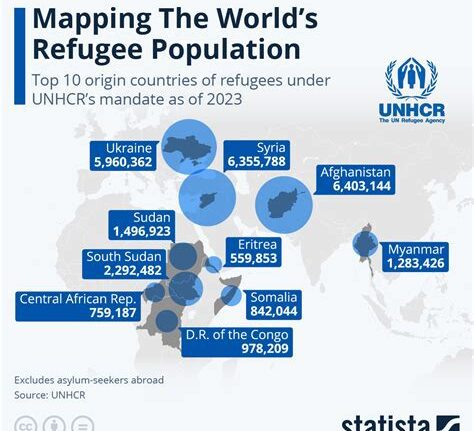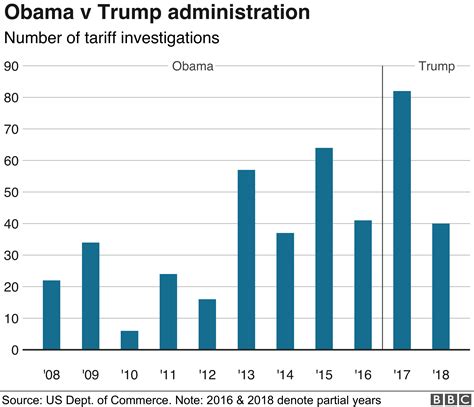The recent events in Gaza have once again brought international attention to the ongoing conflict between Israel and Palestine. The tragic deaths of 15 individuals, including medics and a UN worker, have sparked outrage and raised questions about adherence to international humanitarian law.
US Stance on Gaza Tragedy
In response to the killings, the United States has emphasized the importance of all parties involved in the conflict complying with international humanitarian laws. However, there remains uncertainty regarding whether the US is conducting its own investigation into the incident.
State Department spokeswoman Tammy Bruce highlighted that Hamas plays a significant role in shaping events in Gaza. This statement underscores the complexity of the situation, where political dynamics intertwine with humanitarian concerns.
The Human Cost
The discovery of 15 bodies, which included paramedics still in their uniforms, paints a grim picture of the violence that has engulfed Gaza. The United Nations reported that ambulances, a fire truck, and a UN vehicle were deliberately targeted on March 23rd. Such attacks not only violate international law but also undermine essential medical services crucial for saving lives during conflicts.
Jonathan Whittall from the UN’s humanitarian agency described the scene as “an absolute horror.” His account sheds light on the emotional toll these events have taken on those working tirelessly to provide care amid chaos and destruction.
International Law and Accountability
International humanitarian law strictly prohibits targeting civilians and emphasizes safeguarding medical personnel in conflict zones. The allegations against Israel raise serious concerns about adherence to these fundamental principles designed to protect innocent lives during wartime.
As one of Israel’s primary arms suppliers, the US faces scrutiny over ensuring its weapons are not used unlawfully by foreign militaries. This responsibility adds another layer of complexity to an already contentious issue involving geopolitical interests and ethical considerations.
A Cycle of Violence
The recent escalation of violence follows stalled ceasefire negotiations between Israel and Hamas. Renewed airstrikes and ground operations have resulted in a significant loss of life in Gaza, further deepening an already protracted conflict marked by cycles of retaliation and suffering.
The history of animosity between Israel and Palestine underscores a long-standing struggle for territory, rights, and sovereignty. Understanding this context is crucial for comprehending the complexities at play in one of the world’s most enduring conflicts.
In conclusion, as global voices call for accountability and respect for human rights in Gaza, it is evident that lasting peace can only be achieved through genuine dialogue, mutual understanding, and unwavering commitment to upholding universal values amidst challenging circumstances.









Leave feedback about this